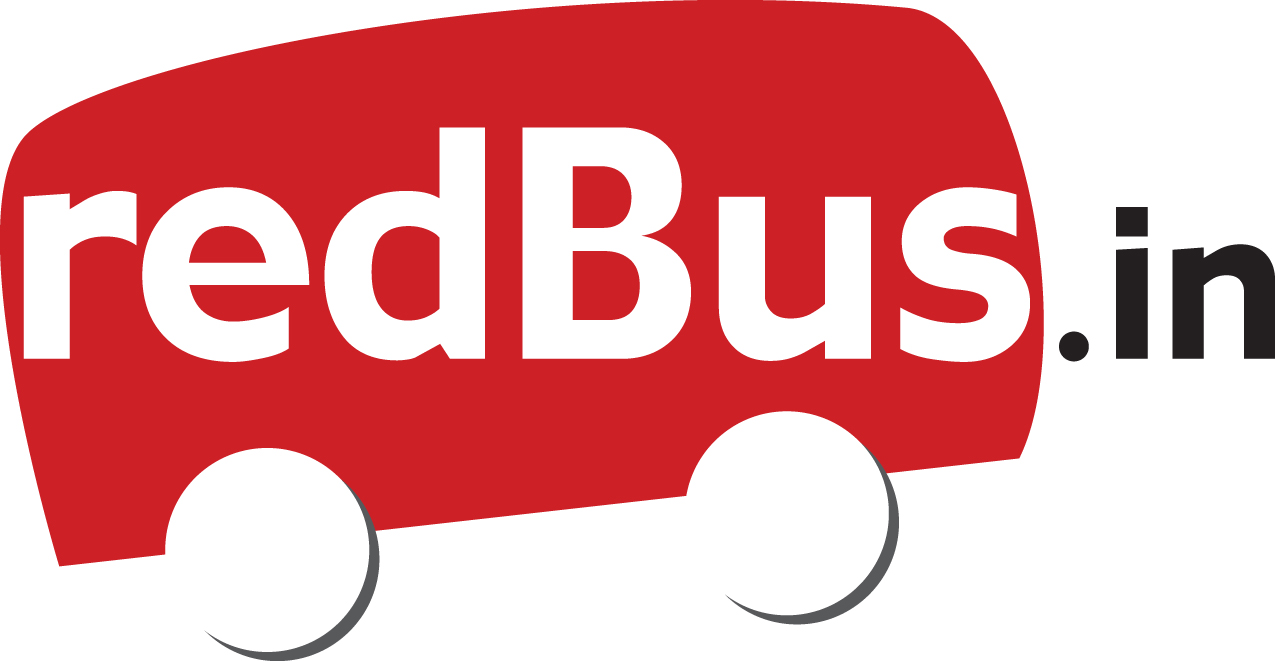
Transforming Transportation: RedBus
- Other (Transportation)
Everyone must travel at some point in their lives. Everyone, from children to the elderly, travels somewhere every day. The goal is different from the need for pleasure. There are numerous modes of transportation accessible, ranging from airplanes to automobiles. However, the bus remains the most popular means of transportation. Booking tickets provides travelers with a unique experience because it is a simple and effective way to purchase a ticket. Bus ticket bookings have increased in tandem with train and plane ticket bookings. There are already a lot of companies that offer online bus ticket booking. RedBus, on the other hand, was the first and is currently the most popular bus ticket booking site.
Redbus is an online bus ticket booking platform that enables millions of people to travel comfortably and affordably by providing a dynamic and fast online bus ticket ticketing system.
The success of Redbus can be traced back to three major individuals: Phanindra Sama, Charan Padmaraju, and Sudhakar Pasupunuri. The Redbus was founded by three engineers from BITS Pilani. They worked for multinational corporations in Bangalore after graduation. Charan Padmaraju worked for Honeywell, and Sudhakar Pasupunuri worked for IBM. Phanindra Sama worked for STS electronics and Texas Instruments. Phanindra Sama was the brain behind the development of Redbus. For the past eight years, he has served as the CEO of Redbus.
(Image: https://www.facebook.com/redBusglobal/)
When Phanindra Sama attempted to travel from Bangalore to Hyderabad for Diwali break in 2005, the seed of the Redbus success story was sown. He was unable to purchase a bus ticket to return to his hometown. He looked for a ticket all across Bangalore. He, on the other hand, did not get it. On that day, he learned about the system's disorganization and a communication gap between bus operators and travel agencies. There is no transparency on the available seats or ticket prices. And everything was done through phone conversations, with the exception of return tickets, which required frequent visits to the agents.
It felt clumsy to Sama. He thought it might be remedied by going online. Then he talked to his pals about it, and the three of them agreed to go into business together, despite the fact that they didn't have the entrepreneurial bug at the time.
The voyage began when the three engineers left their secure and prosperous environment. The three began working on the answer in January 2006. They created software and attempted to monetize it. That, however, does not pay off. Then they learned about Bangalore's TiE Entrepreneurship Acceleration Program. They had a meeting with the TiE team to discuss their strategy.
Three mentors were assigned to them by the TiE. They provided them with the concept of beginning their own firm and gave them project work. It's similar to a survey. They are meticulous when it comes to their work. The three young entrepreneurs evaluated every aspect, including the number of buses, routes, ticket prices, how people buy tickets, consumer profiles, bus operator and agent shares, and so on.
(Image: https://www.nextbigbrand.in/)
They began in August 2006 with only one operator, five seats, and a budget of Rs. 5 lakhs. In the bus sector, the Redbus startup tale ushered in a revolution. They created a website called redbus.in. Throughout the voyage, they faced adversity and seasons of suffering before achieving victory.
The triumph of Redbus didn't end there. Today, Redbus is a blazing success as an online bus ticket booking company, with 10,000+ buses, 700+ bus operators, and operations in 15 states, selling at least 5,000 tickets every day. It's a startup with a lot of potentials. Redbus has expanded its offerings to include hotels, bus rentals, and pilgrimages.
What led to the growth of Redbus:
Wide Use of Buses: Since India has such a large population, a large section of the population relies on buses as a mode of transportation in their daily lives.
User Interface: Redbus has a simple user experience that allowed customers to utilize the program quickly.
Discounts: Redbus offers substantial discounts on tickets, encouraging users to use the app more frequently.
Salient Learnings:
- A Wider Target Audience Is Beneficial: When you reach out to a larger audience, you naturally raise your conversion rate.
Easy to Use: If your offering resonates with them and is simple to use, you can attract a large audience.
